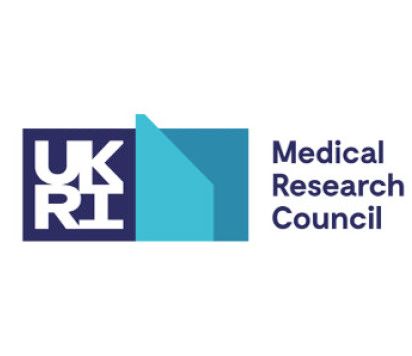
Led by
Dr Nir Grossman
Imperial College London
Professor Andrew Jackson
University of Newcastle, closeNIT
Dr David Wang
Elemind Technologies
Funded by
26-27 June 2025
12th Floor Auditorium, Sir Michael Uren Hub
On 26 June, more than 50 students from around the UK visited Imperial College London’s White City Campus to take part in a two-day closed loop neurotechnology hackathon, funded by the closeNIT network.
Dr Nir Grossman (UK Dementia Research Institute, Imperial College London), his team, and Professor Andrew Jackson (Institute of Neuroscience, Newcastle University) were joined by Dr David Wang (CTO, Elemind Technologies), who made the trip across the Atlantic to support and inspire participants in the competition.
On the first day of the event, after scientific presentations explaining neuromodulatory technology and its potential to treat several brain disorders, the judges set the challenge. The teams were tasked with creating an algorithm that could deliver audio stimulation, dynamically applied according to the features of real-time brain activity. Participants wrote the code for their algorithms, and the hardware capabilities were all provided by the Elemind headband.
 The objective for each team was to deliver a system that could record brain activity for three minutes, turning on the audio stimulation only for the last two minutes. The brain activity in the recording was then analysed by the judging panel, to assess the effect of the audio stimulation by analysing known biomarkers for relaxation. Day one was to be a preparation phase, with the competition taking place on day two.
The objective for each team was to deliver a system that could record brain activity for three minutes, turning on the audio stimulation only for the last two minutes. The brain activity in the recording was then analysed by the judging panel, to assess the effect of the audio stimulation by analysing known biomarkers for relaxation. Day one was to be a preparation phase, with the competition taking place on day two.
In the end, it was Rining Wu, Shixiao Wang, Jing Peng, and Ziwei Yin from the University of Birmingham who came out on top, each taking the first prize of their own Elemind headset back to the West Midlands. Bryan Li, Isabel Cornacchia, Akshay Gautam and Arthur Zhang, one of two teams from the University of Edinburgh, were close runners up, with James Mason, Miriam Jansen, Jake Swann, Merlin Kelly and Gerold Baier from UCL winning the prize for Best Presentation.
"The human brain remains one of the greatest scientific mysteries of our time. With growing numbers of people with brain disorders around the world, I cannot imagine anything more meaningful than joining the efforts to change it. Neuromodulation that addresses the challenge at the neural circuit or network level is at the forefront of these efforts. However, modulating brain activity in a meaningful way is very challenging. If it were easy, everyone would have done it a long time ago. Improving efficiency via closed-loop is at the forefront of neuromodulation. When we establish the national neuromodulation network, our goal is to increase awareness and attract new talent to the field, ideally in collaboration with other disciplines to facilitate breakthroughs."
Dr Nir Grossman


